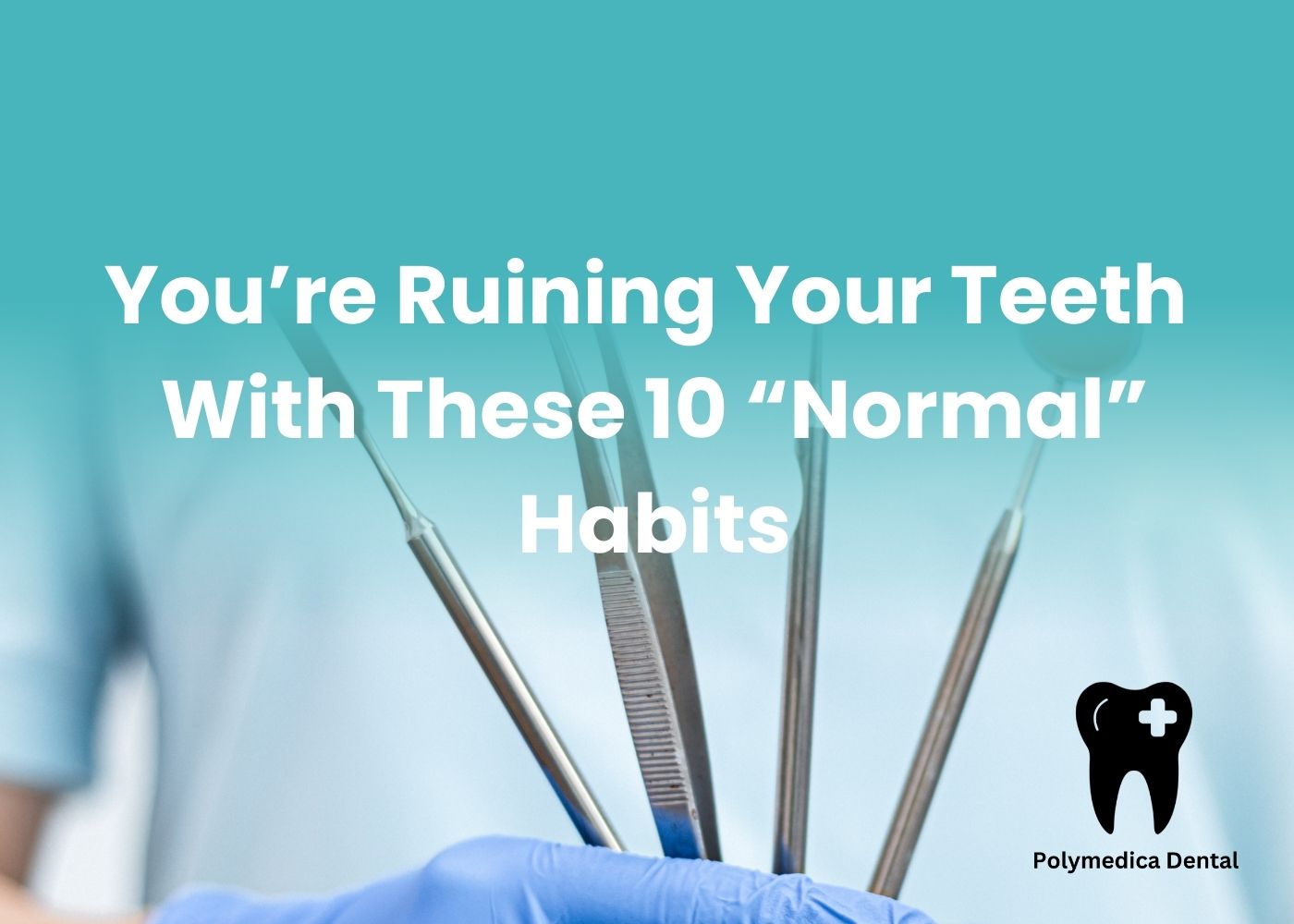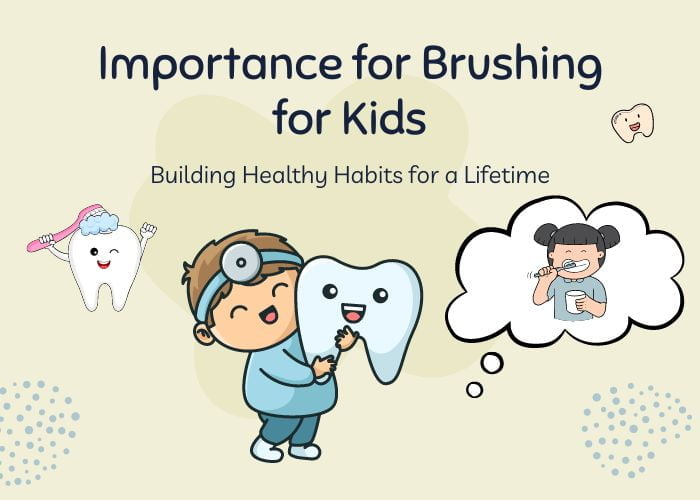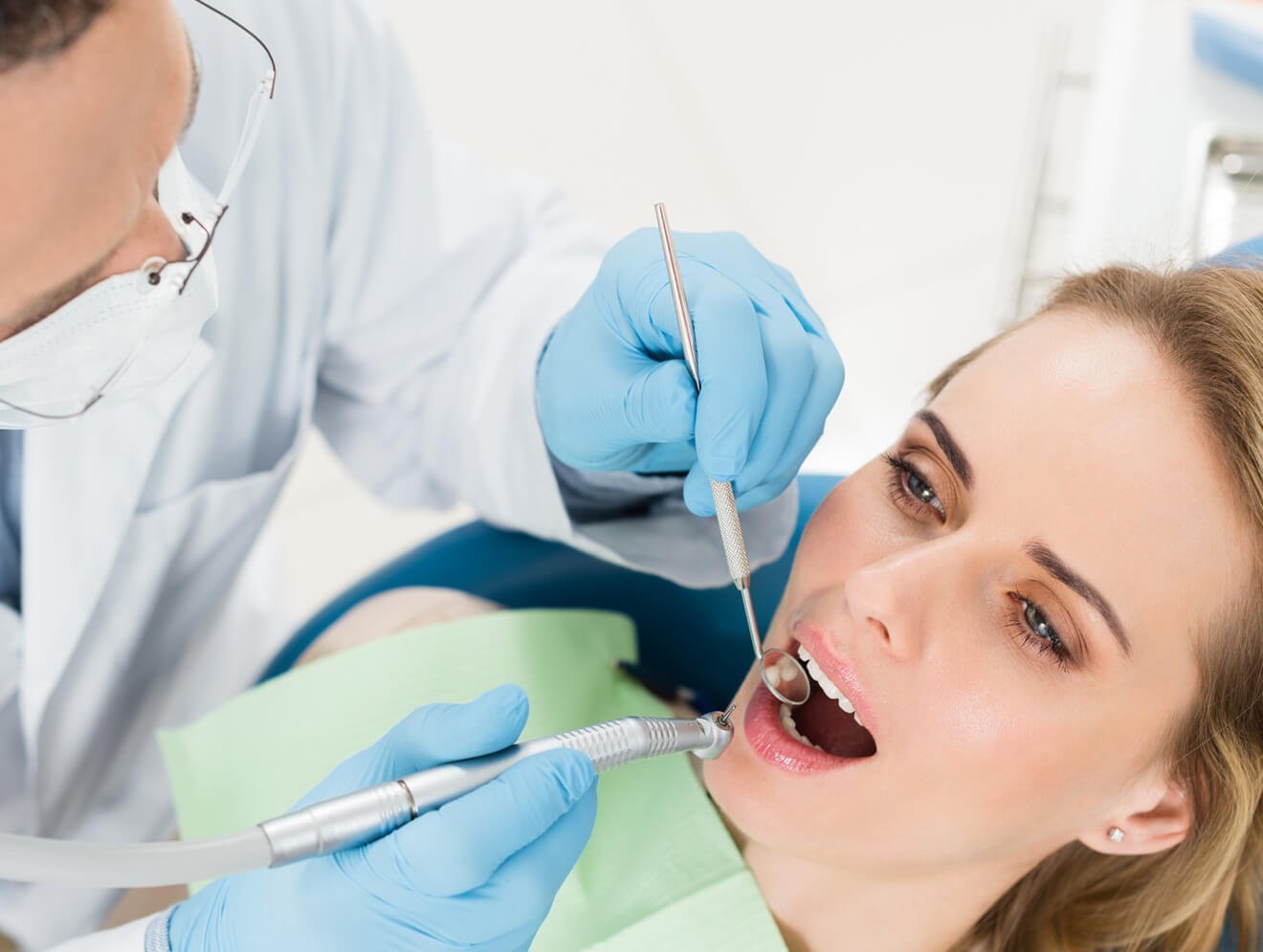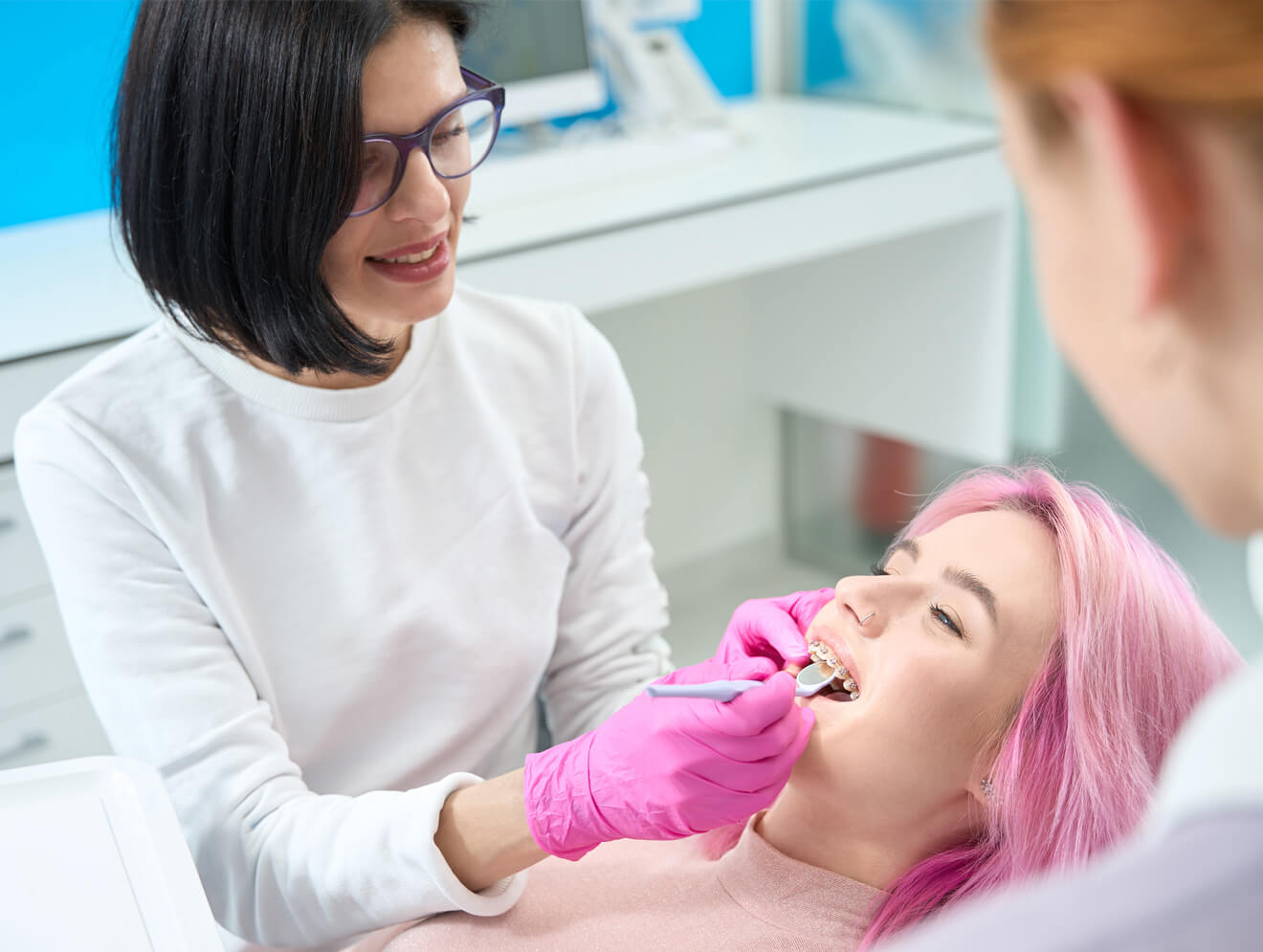

Ensuring children develop good oral hygiene habits from an early age is crucial for their long-term dental health and overall well-being. This article aims to explain why brushing is important and how it plays a key role in keeping teeth and gums healthy.
Brushing isn’t just about keeping those pearly whites sparkling; it’s about establishing habits that will benefit kids throughout their lives. Proper brushing helps in:


By understanding these benefits, parents can better appreciate why starting early with brushing routines is essential. Teaching kids to care for their teeth not only fosters good health but also instills a sense of responsibility.
This comprehensive guide will explore various aspects of brushing for kids, including:
By the end, you’ll have practical tips to help your child develop strong oral hygiene habits that last a lifetime.
Tooth brushing is essential for maintaining children’s oral health and preventing various dental issues. Here are some key benefits:
Incorporating these habits early in life sets the foundation for lifelong oral health, making tooth brushing a critical daily practice for kids.
Caring for baby teeth is crucial as these early teeth set the foundation for permanent ones. Healthy baby teeth help children chew properly, speak clearly, and maintain space in the jaw for adult teeth.
Parents should begin oral care as soon as the first tooth appears, typically around six months. Initially, use a soft cloth or an infant toothbrush with water to gently clean the baby’s teeth and gums. By age two, introduce a grain-sized amount of fluoride toothpaste.
Proper oral hygiene practices from an early age can protect against tooth decay. Avoid putting babies to bed with bottles containing milk or juice, as sugars can lead to decay. Regular dental check-ups starting at the age of one also play a crucial role in maintaining healthy teeth and gums.
By establishing these habits early on, parents can ensure their children develop a lifetime of good oral care practices.
Selecting age-appropriate toothbrushes and toothpaste is crucial for making brushing easier and more effective for kids. Kids’ toothbrushes come in various sizes and designs to suit different age groups. Look for toothbrushes with:
When it comes to toothpaste, choose one specifically formulated for children. Fluoride toothpaste for children helps in strengthening tooth enamel and preventing cavities. Ensure the toothpaste has a flavor your child likes, which can make the brushing process more enjoyable.
Teaching children the correct way to brush their teeth can be done through fun methods like songs or videos. Videos can visually demonstrate the technique, while songs can help kids remember the steps and duration needed for effective brushing. Creative strategies include:
Understanding the role of fluoride in children’s oral hygiene is essential. Fluoride strengthens tooth enamel, making it harder for bacteria to cause decay. Starting with a small amount of fluoride toothpaste (the size of a grain of rice) is recommended for young children, gradually increasing the amount as they grow.
Incorporating these tools and techniques will help instill good brushing habits early on, promoting long-term oral health.
Encouraging kids to brush regularly can be challenging, but turning it into an enjoyable activity makes a big difference. Here are some effective strategies:
Games and Rewards:
Visual Schedules:
Using visual schedules can help children understand the importance of a dental routine. Displaying colorful charts with steps for brushing, flossing, and using mouthwash makes the process clear and structured.
Making Dental Care Enjoyable
Positive Reinforcement
Positive reinforcement plays a crucial role in building healthy habits. Praising children after they brush correctly or allowing them to pick their toothbrush can make them feel involved and responsible.
"A child who brushes willingly is more likely to maintain this habit throughout life."
Dr. Swati Misra
Combining these tips ensures that brushing becomes an integral part of your child’s daily dental routine. Regular practice, coupled with fun activities, lays the foundation for lifelong oral health.
Regular dental check-ups are extremely important for children’s oral health in addition to their daily brushing routine. Pediatric dentists have special training to meet the specific dental needs of children and make sure they feel comfortable during their visits.
When looking for a trustworthy pediatric dentist, here are some things to consider:
Pediatric dentists can provide several important preventive treatments:
Regular visits to a pediatric dentist not only help identify potential problems early on but also reinforce the importance of maintaining good oral hygiene practices at home. This comprehensive approach ensures that your child receives the best possible care for their dental health.
Teaching children about the importance of brushing is crucial for their teeth and gums. By understanding why they need to brush, kids are more likely to embrace this healthy habit.
Creative Resources for Oral Health Education
Books are excellent resources to help kids learn about dental hygiene in an enjoyable way. Some popular options include:
Incorporating these resources can make learning about dental hygiene enjoyable and memorable for children.
Making brushing a priority is a simple yet crucial habit for children’s long-term oral health and overall well-being. By establishing this routine, it can bring about the following benefits:
Encourage your child to brush regularly to ensure they develop healthy habits that last a lifetime.
WhatsApp us